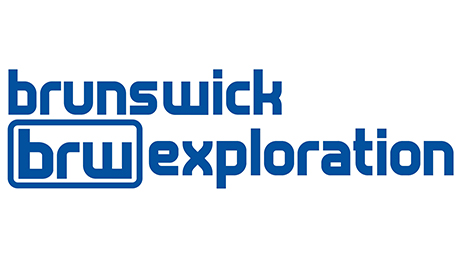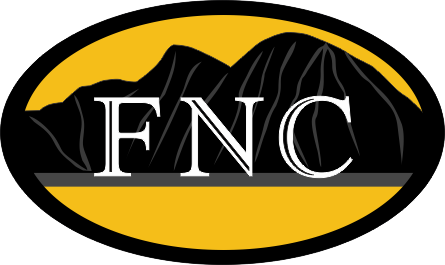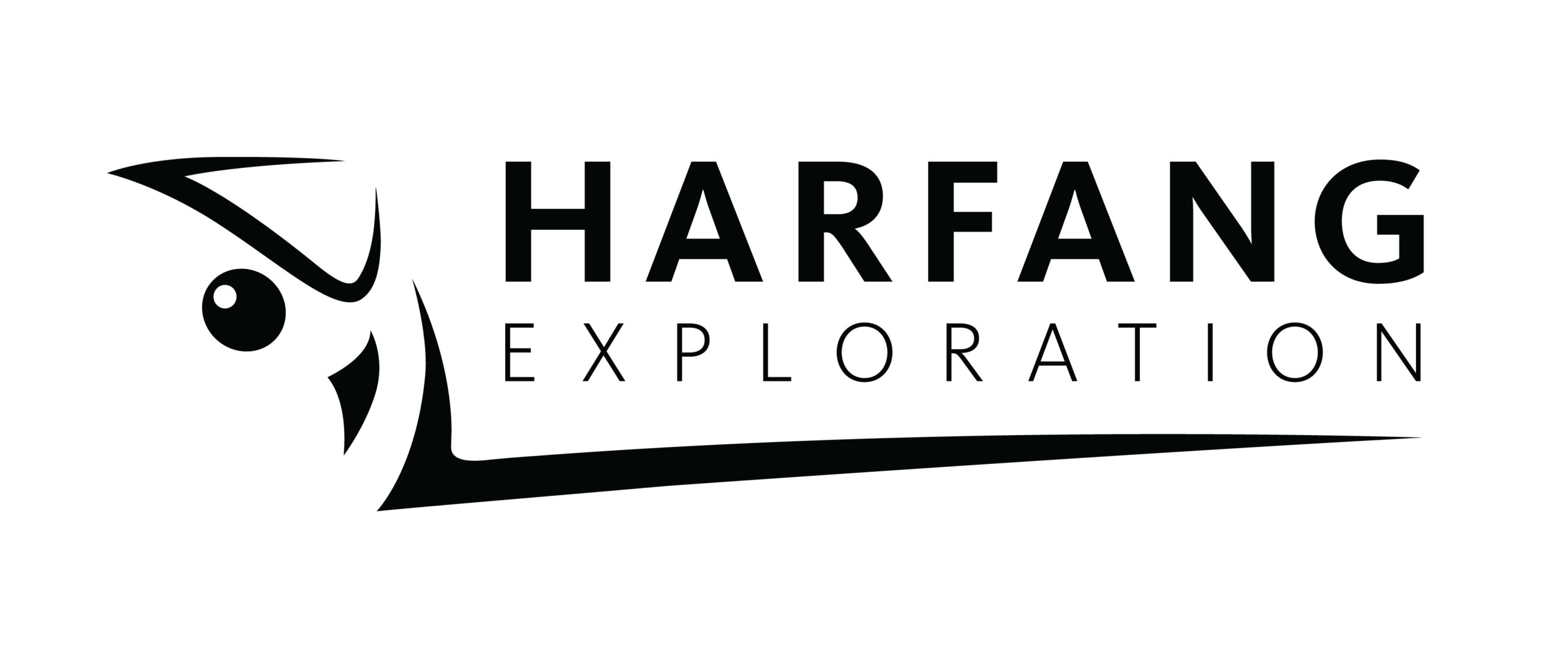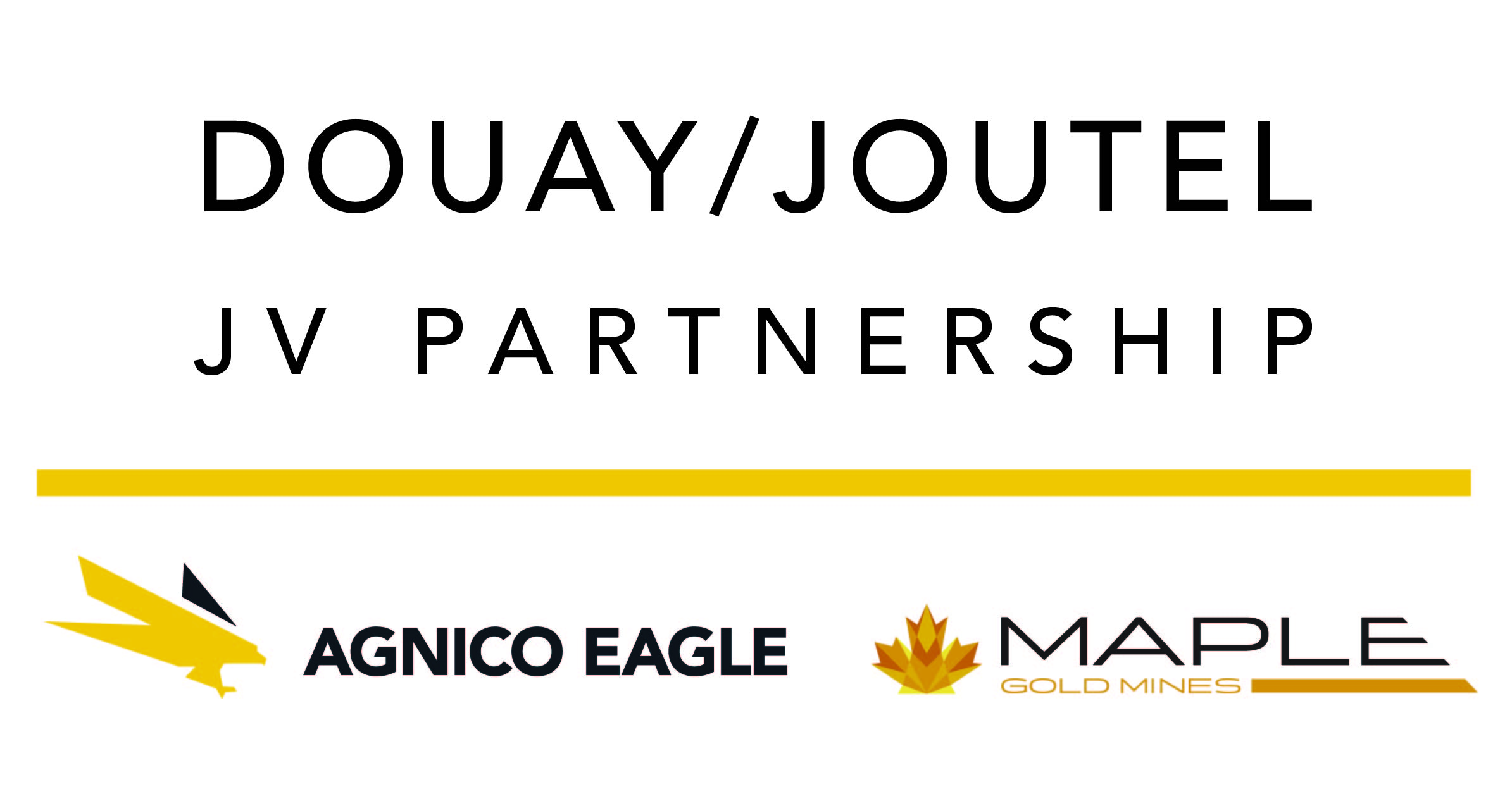
Sarane Sterckx
Co-founder of GoldSpot Discoveries 10 years of experience in geochemistry and mineral exploration in various environments (VMS, hydrothermal, porphyry, magmatic, orogenic), field experience in Canada, Morocco and Indonesia. Specializes in multivariate statistical analysis of geochemical data to constrain alteration and mineralization processes and characterize lithogeochemical controls. Combines geochemistry with automated learning to assess geochemical anomalies and map mineral prospectivity.
Graduated from Université Libre de Bruxelles, Belgium (MSc) and INRS, Quebec, Canada (MSc). Her team, the “Data Miners” won the $150,000 Gold Rush Challenge award in 2016 for its target generation using predictive machine learning algorithms at the Sigma-Lamaque gold mine (Abitibi, Canada).
CONFÉRENCE
-Exploratory analysis of geochemical data: a tool for exploration
See program infoMulti-element geochemistry is one of the most comprehensive tools for an exploration geologist. These data sets contain extremely valuable targeting information and are the only ones that directly identify and quantify mineralization. The multi-element data extends the understanding of the geochemical context in which mineralization occurs. Lithogeochemistry, alteration geochemistry and indicator element geochemistry allow the development of exploration tools adapted and specific to each project. By identifying and spatially defining geochemical footprints, exploration vectors are defined and accelerate the targeting of high mineral potential zones. The interpretation of multi-element data requires a robust statistical approach such as exploratory data analysis. It consists of a set of statistical tools designed to obtain maximum insight into the data, discover its structure, define significant variables and identify anomalous values. Through the practical application of exploratory data analysis, this workshop addresses the critical issues that industry professionals face in managing and interpreting their geochemical data. These include: integrating recent and historical databases with various analytical and digestion methods; managing data below the limit of detection; pre-processing data; dealing with statistical biases inherent in geochemical data; applying advanced statistical analysis; and cross-validating results. Although this is not a full ioGAS training course, participants will gain a working knowledge of ioGAS by learning how to use many of its features.
Learning Outcomes: Upon completion of this course, the participant will have a solid foundation in ten important exploration geochemistry skills: – Validate data and recognize limitations of their data; – Understanding the statistical distribution of geochemical data and its implications; – Avoiding correlation bias using log centered ratios; – Identify elemental correlations in data using principal component analysis; – Define exploration vectors based on indicator elements; – Determine the spatial extent of alteration halos and their geochemical footprint; – Perform uni and multivariate analyses for anomalous samples; – Use alteration geochemistry to better constrain the zonation of a hydrothermal system; – Use immobile elements to discriminate between different rock types; – Use data clustering algorithms to identify a geochemical process.
Participants will need to bring their own laptop and install software prior to class.
- Duration : 1/2 day
- Regular rate : $ 200 | Student Rate : $ 60
- Room St-Antoine B






